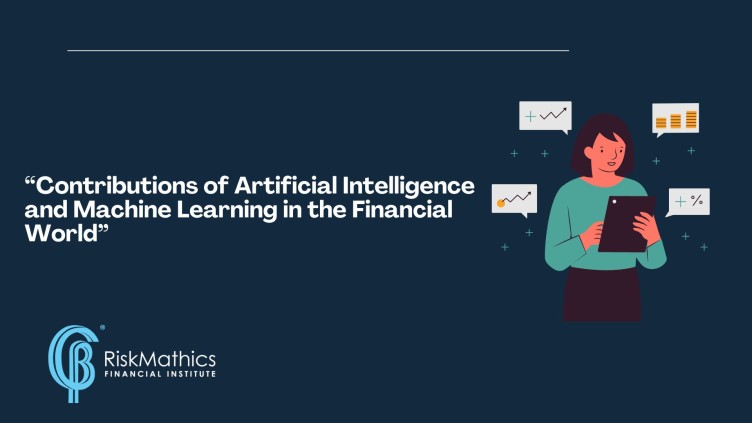Artificial Intelligence (AI) and Machine Learning (ML) have emerged as pivotal technologies reshaping the financial sector. Their integration into various financial operations and services has not only streamlined processes but also introduced new paradigms of efficiency, risk management, customer service, and investment strategies. Here are some key contributions of AI and ML in the financial realm:
Process Automation
One of the most immediate impacts of AI and ML in finance is the automation of routine and complex tasks. This ranges from customer service operations using chatbots and AI-driven virtual assistants to the automation of credit scoring and loan approvals. By handling repetitive tasks, AI frees up human resources to focus on more strategic activities, thereby increasing productivity and reducing operational costs.
Fraud Detection and Prevention
AI and ML excel in identifying patterns and anomalies in large datasets. In the financial sector, these capabilities are harnessed to detect fraudulent activities and prevent potential financial crimes. By analyzing transaction data in real-time, AI systems can identify irregular behaviors that may indicate fraud, significantly reducing the risk of financial losses.
Risk Management
AI and ML have revolutionized risk assessment by providing more accurate and dynamic risk models. These technologies analyze vast amounts of data, including market trends, customer behavior, and economic indicators, to forecast potential risks more effectively. This enables financial institutions to make more informed decisions and tailor their risk management strategies to evolving market conditions.
Personalized Banking Services
AI and ML are at the forefront of delivering personalized financial services. From personalized investment advice to customized banking products, AI leverages data analytics to understand individual customer preferences and needs, offering tailored advice and solutions. This level of personalization enhances customer satisfaction and loyalty.
Algorithmic Trading
In the investment world, ML algorithms have transformed trading strategies. By analyzing market data, news, and financial reports, these algorithms can execute trades at optimal times, maximizing profits and minimizing losses. Algorithmic trading demonstrates the power of ML in processing and acting on complex market data faster than human traders.
Credit Scoring and Underwriting
AI and ML have introduced new approaches to credit scoring and underwriting, considering a wider range of factors beyond traditional credit history. By analyzing alternative data sources, such as social media activity and mobile phone usage patterns, AI models offer a more nuanced view of a borrower’s creditworthiness, expanding access to credit for underserved populations.
Regulatory Compliance and Reporting
Financial institutions face an ever-growing burden of regulatory compliance. AI and ML can streamline compliance processes by automating the monitoring and reporting of transactions. These technologies can also predict regulatory trends, helping institutions stay ahead of compliance requirements.
Conclusion
AI and ML have become indispensable in the financial sector, offering innovative solutions that enhance operational efficiency, improve risk management, personalize customer services, and revolutionize investment strategies. As these technologies continue to evolve, their impact on the financial world is expected to grow, driving further innovations and reshaping the landscape of financial services.
Learn more at: https://riskmathics.com/landing/DQF&DS2024

